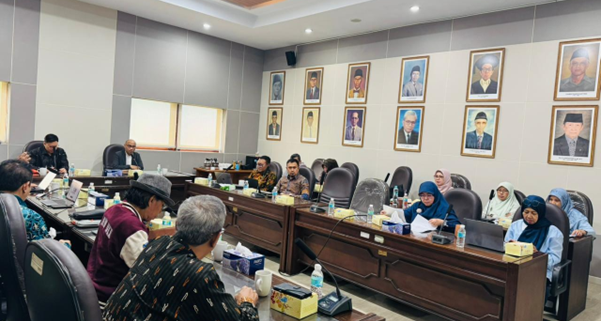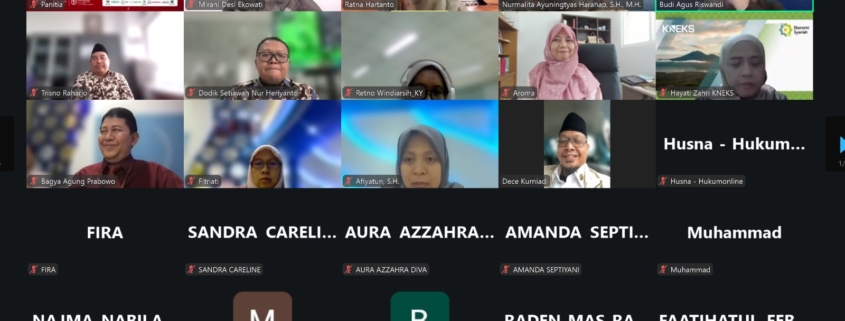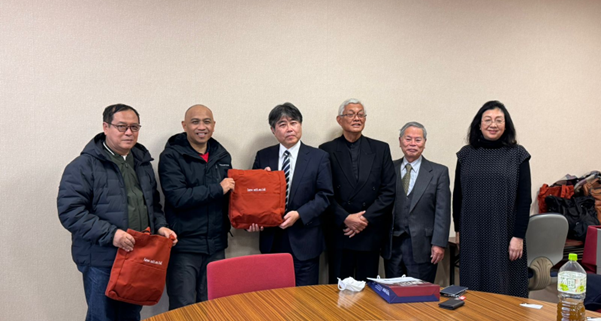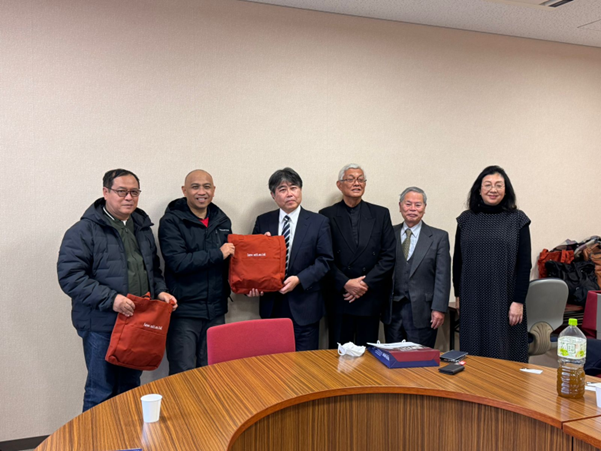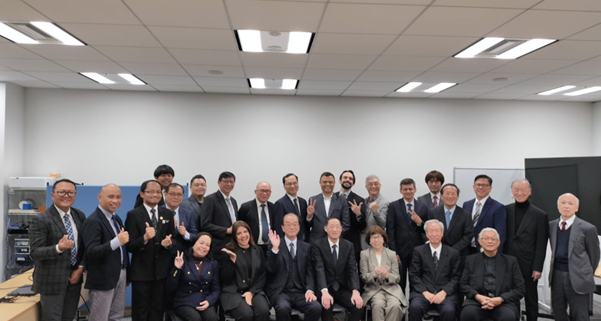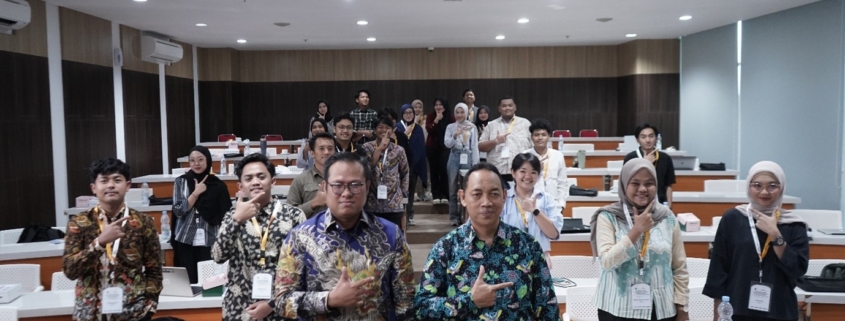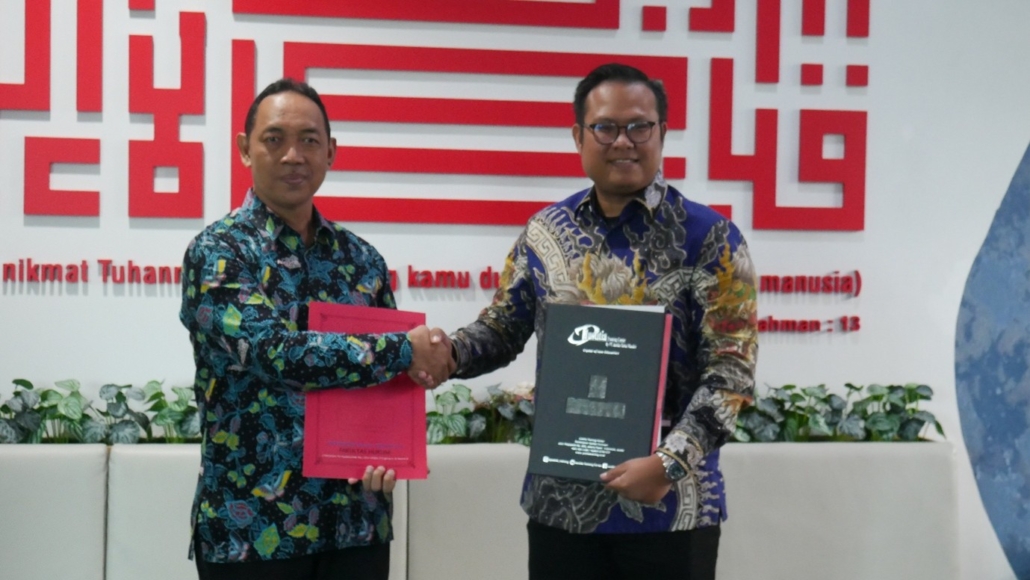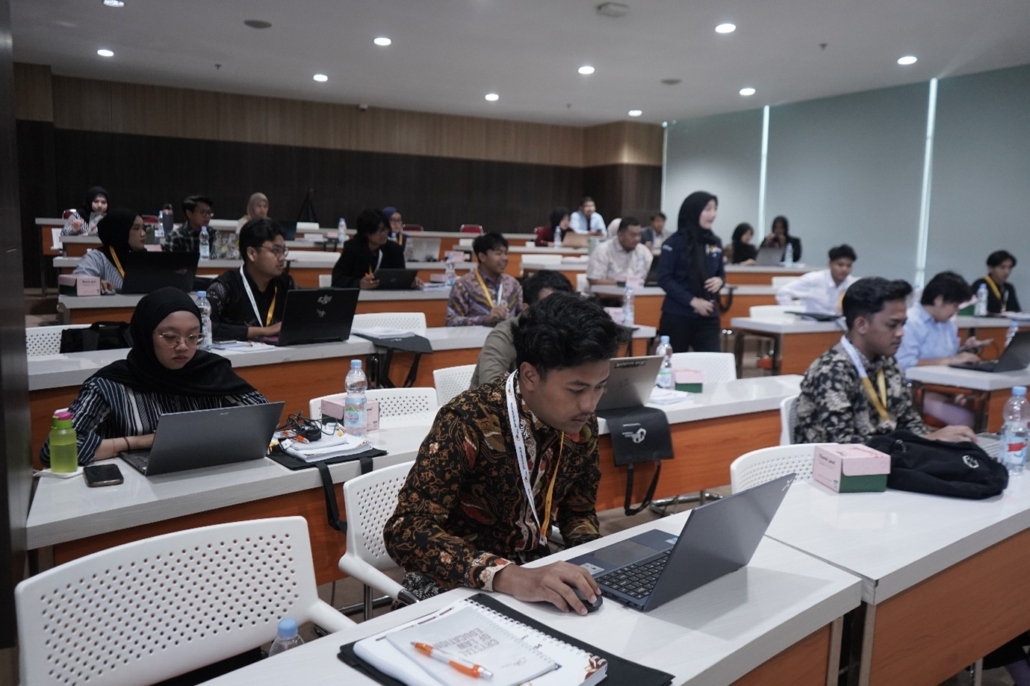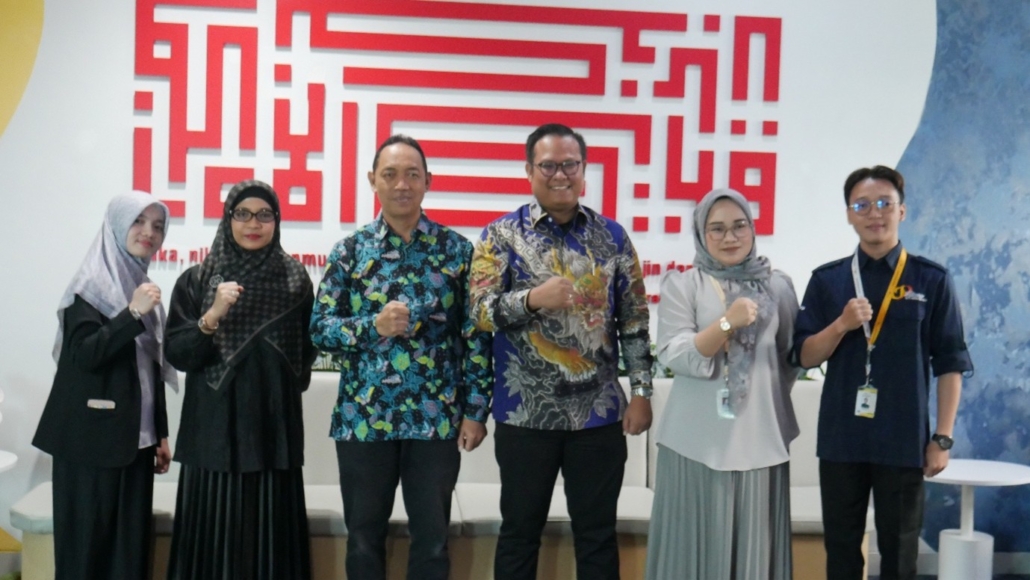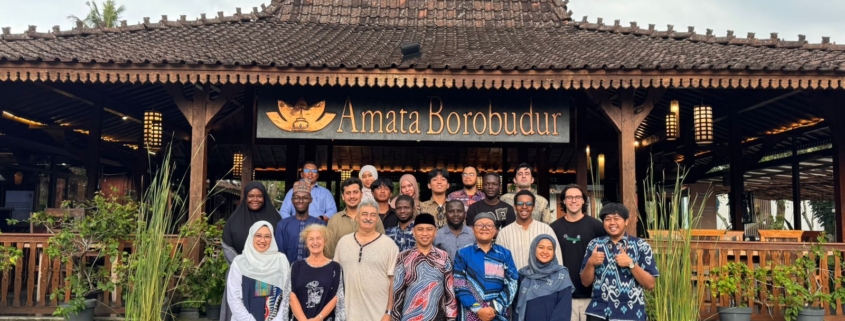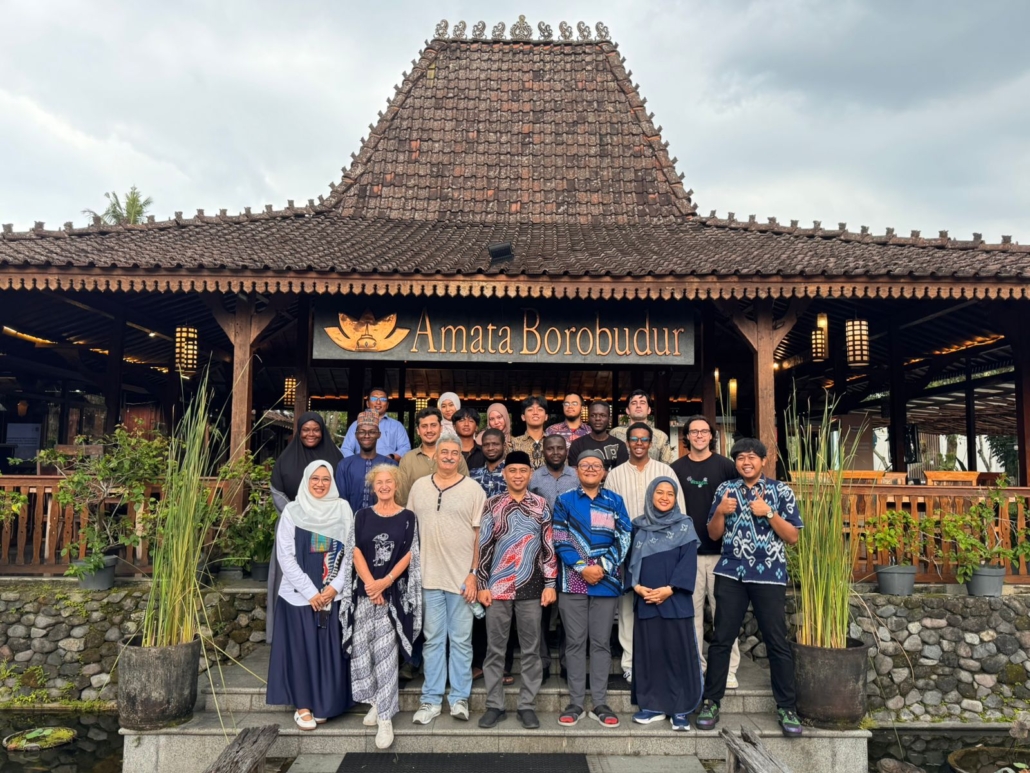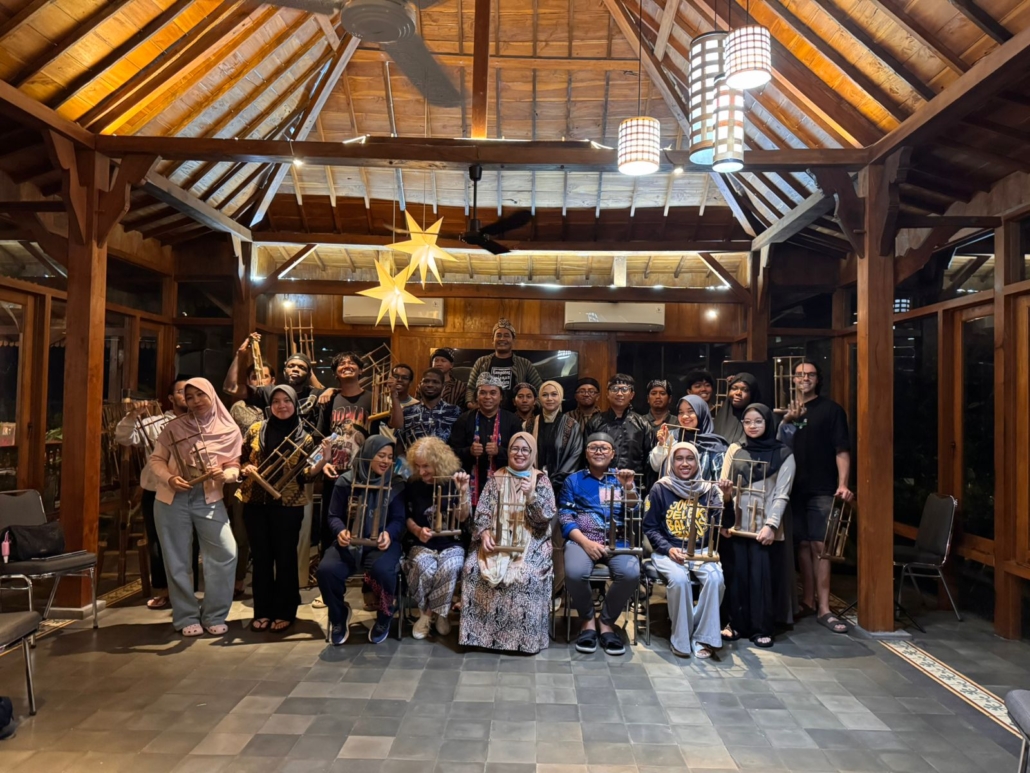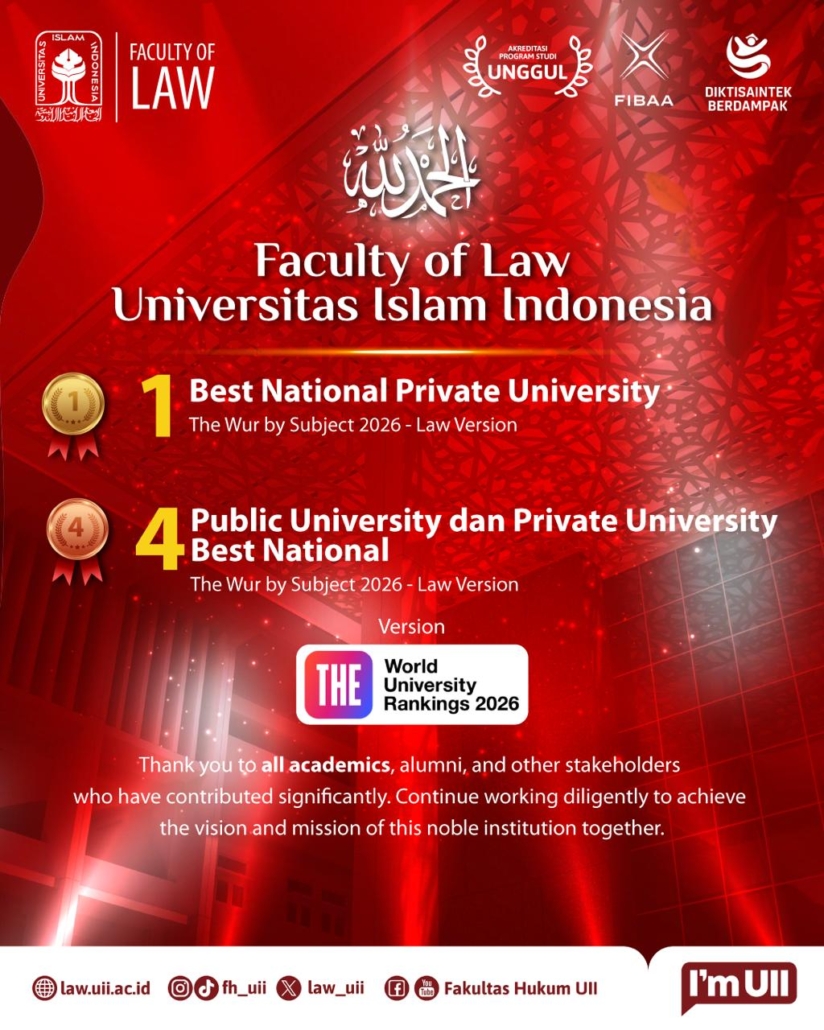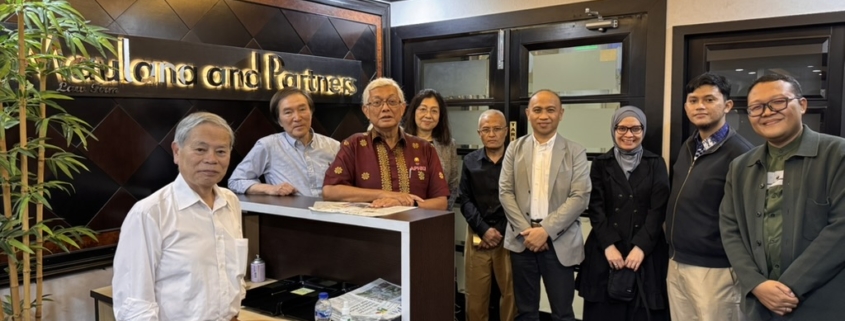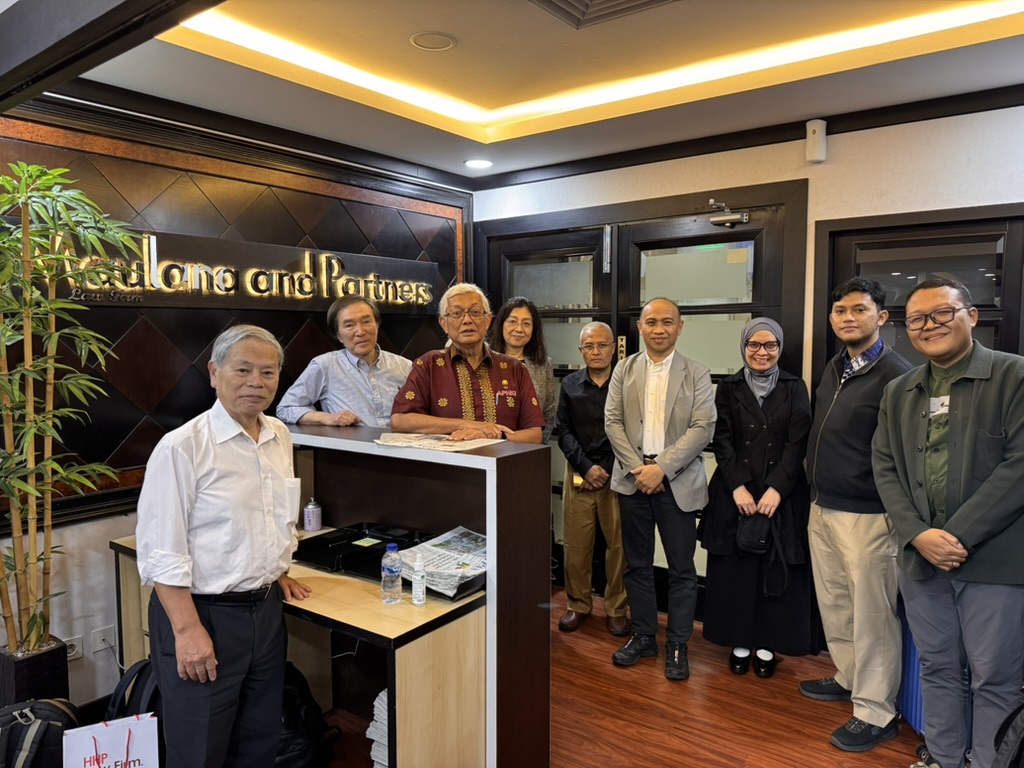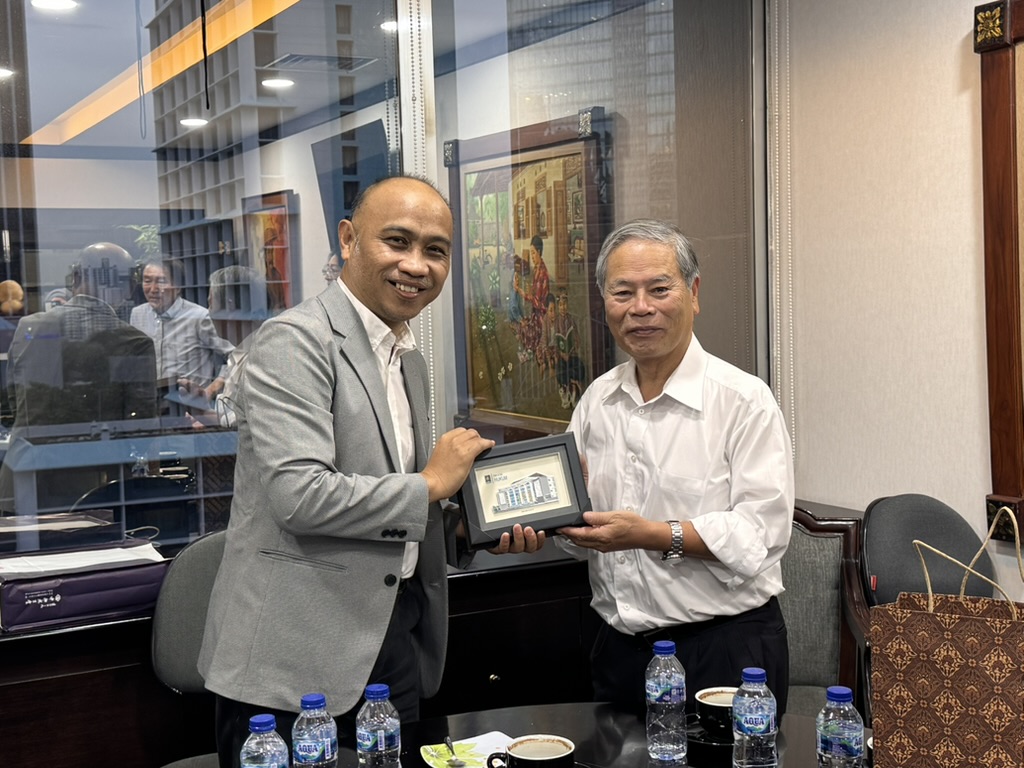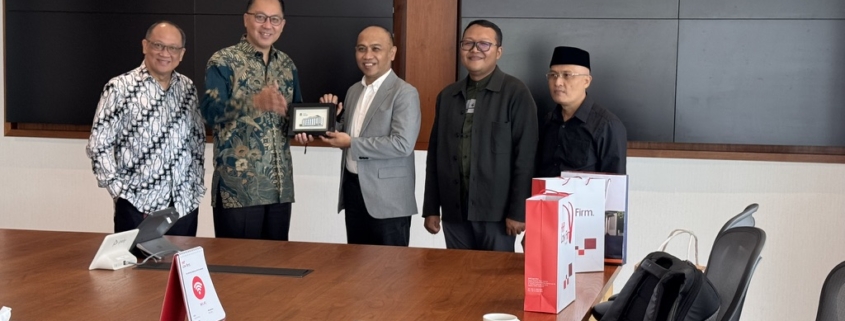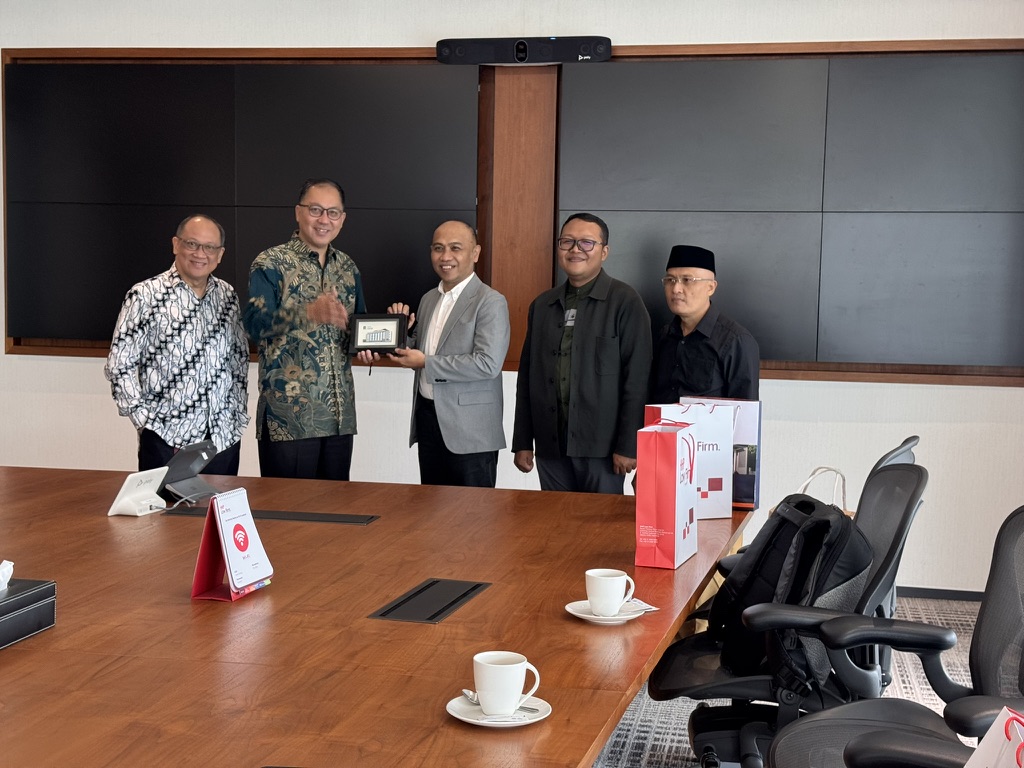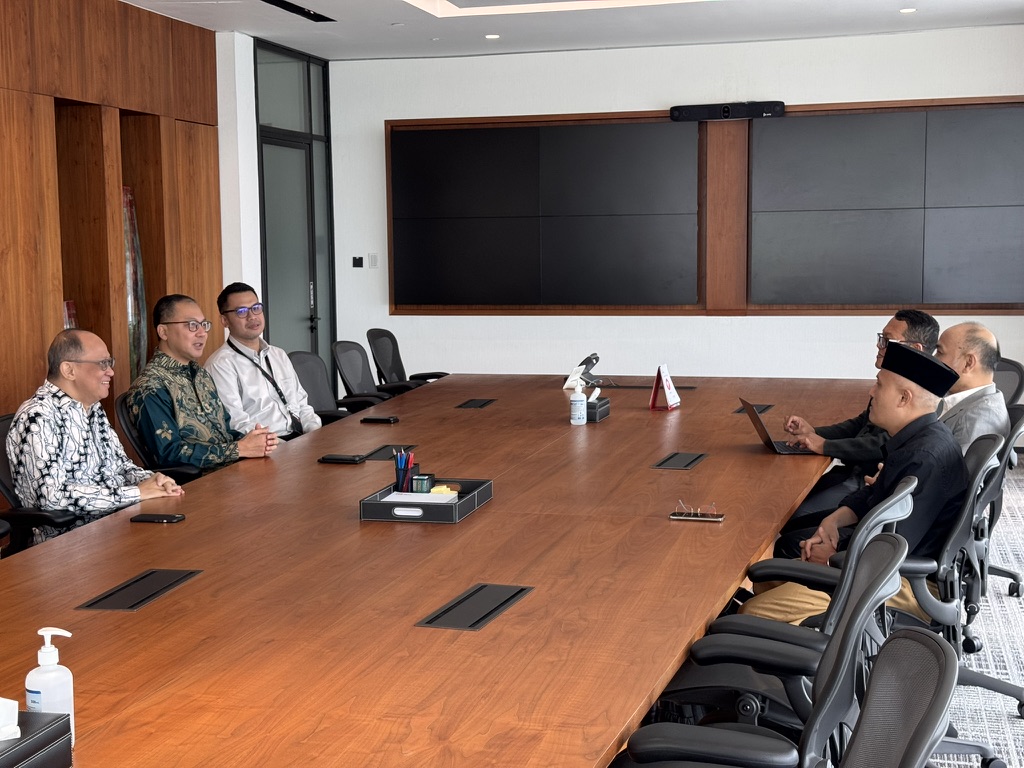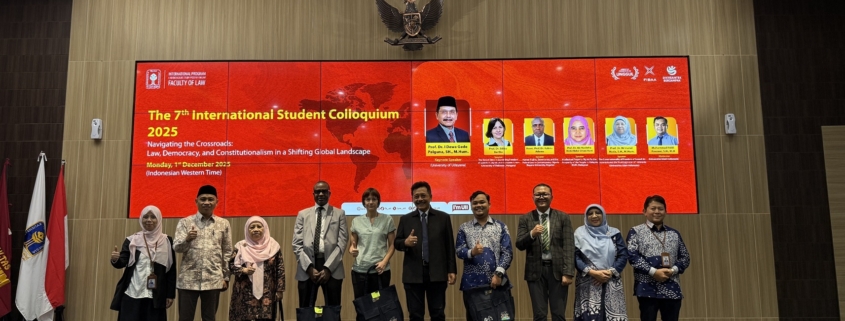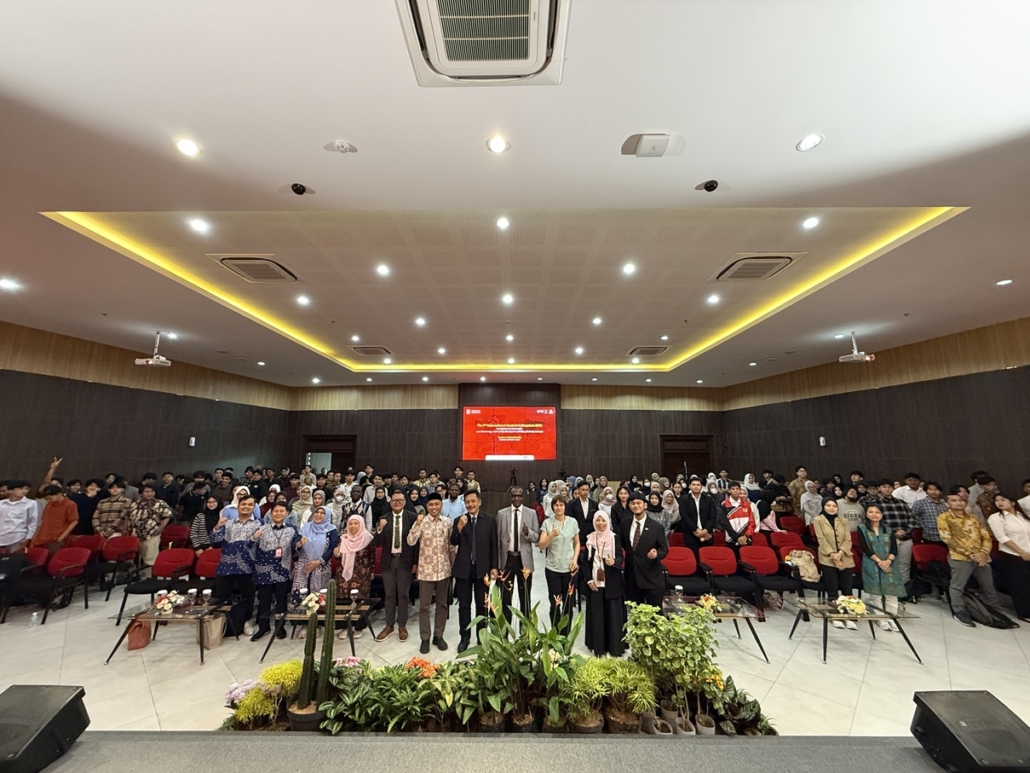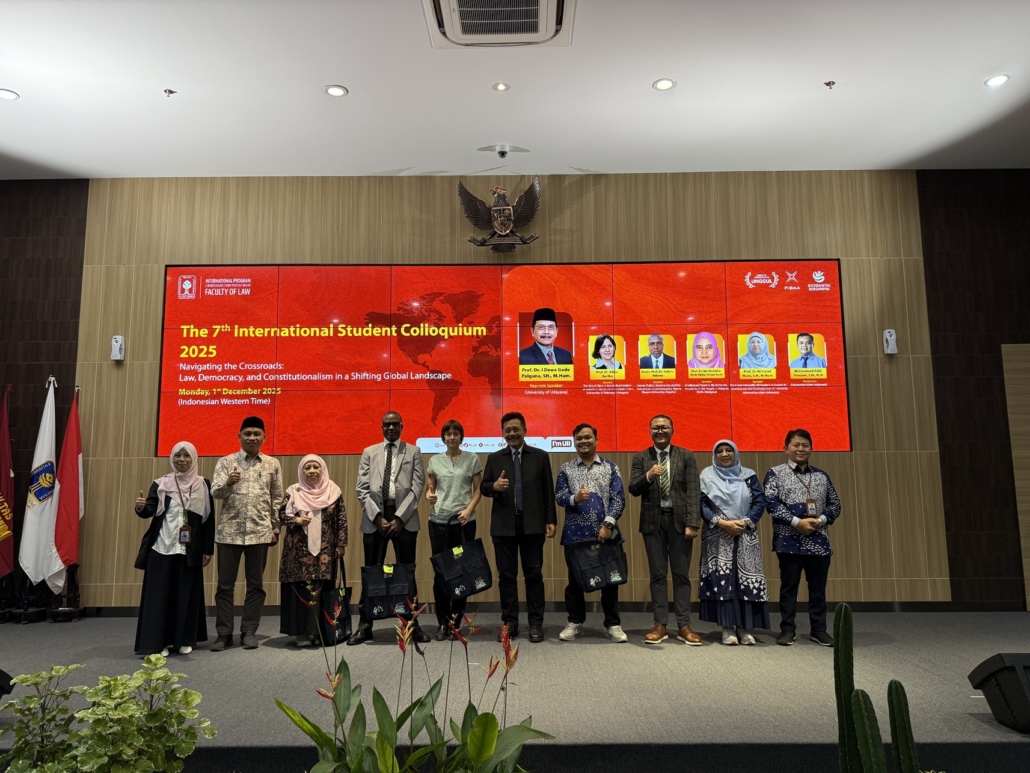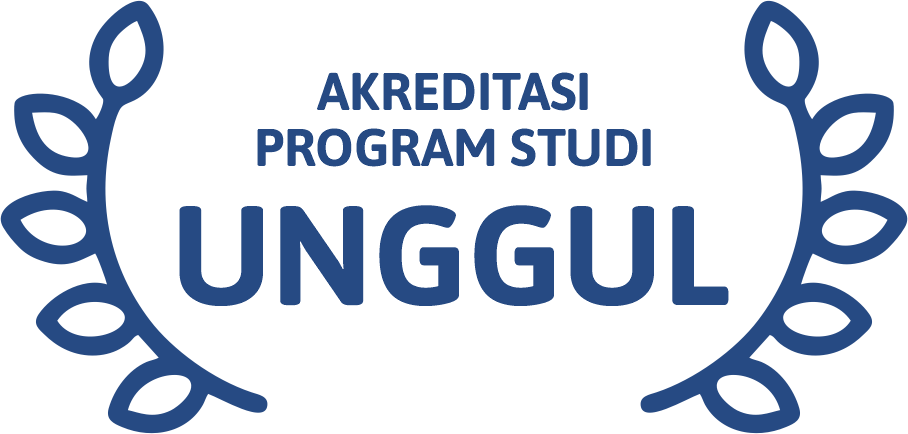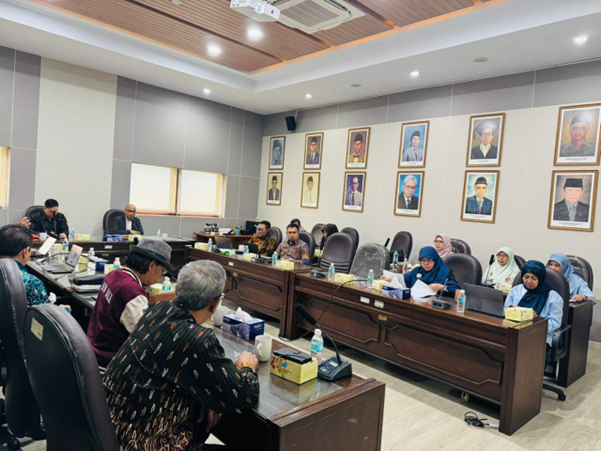
Yogyakarta, 16 February 2026. On Monday, 16 February 2026, the Faculty of Law of Universitas Islam Indonesia (UII) conducted a workshop aimed at strengthening collaboration between the Faculty of Law UII and Universiti Kebangsaan Malaysia (UKM). The workshop featured Assoc. Professor Dr. Akmal Sabarudin (Director of the International Relations Center – UKM Global) as the main speaker. The event was attended by the leadership of the Faculty of Law UII, ranging from the Dean to Heads of Departments, as well as administrative staff of the Faculty of Law UII and representatives from the UII International Office.
The workshop began with an opening address by the Dean of the Faculty of Law UII, Prof. Dr. Budi Agus Riswandi, S.H., M.Hum. In his remarks, the Dean stated that the workshop on strengthening collaboration between the Faculty of Law UII and UKM is a very important and strategic program. This is based on several reasons:
-
The cooperation between the Faculty of Law UII and UKM has been running well through various international mobility programs involving students, lecturers, and administrative staff. Through this workshop, it is expected that new opportunities will emerge to further enhance this already strong cooperation;
-
The cooperation between the Faculty of Law UII and UKM is highly strategic, especially since UKM is ranked among the top 200 universities in the world. Through this workshop, it is expected that the effectiveness of collaboration between the Faculty of Law UII and UKM will help improve the global standing and reputation of the Faculty of Law UII.
Furthermore, during the workshop session, Professor Dr. Akmal Sabarudin delivered a presentation on Global Opportunities and Cooperation at UKM. From his presentation, it was identified that UKM has been officially recognized as one of the research universities in Malaysia. As a result, UKM places a strong emphasis on research activities, particularly those leading to joint publications. Based on the data presented, UKM has produced 1,541 joint publications in North America, 8,074 joint publications in Europe, 9,819 joint publications in the Asia-Pacific region, and 1,549 joint publications in South America.
From this profile, it is evident that UKM can serve as a highly potential partner for enhancing academic capacity and internationalization programs, especially in the fields of research and publication. This cooperation is also expected to further support the realization of internationalization programs in a more concrete and impactful manner.
The workshop also included an interactive question-and-answer session between participants and the speaker. During this session, participants showed strong enthusiasm by raising questions about the extent of collaboration opportunities between the Faculty of Law UII and UKM, particularly in relation to international mobility programs, research collaboration, and community engagement initiatives.
The workshop concluded with the presentation of a souvenir and a group photo session between the speaker and the workshop participants.

